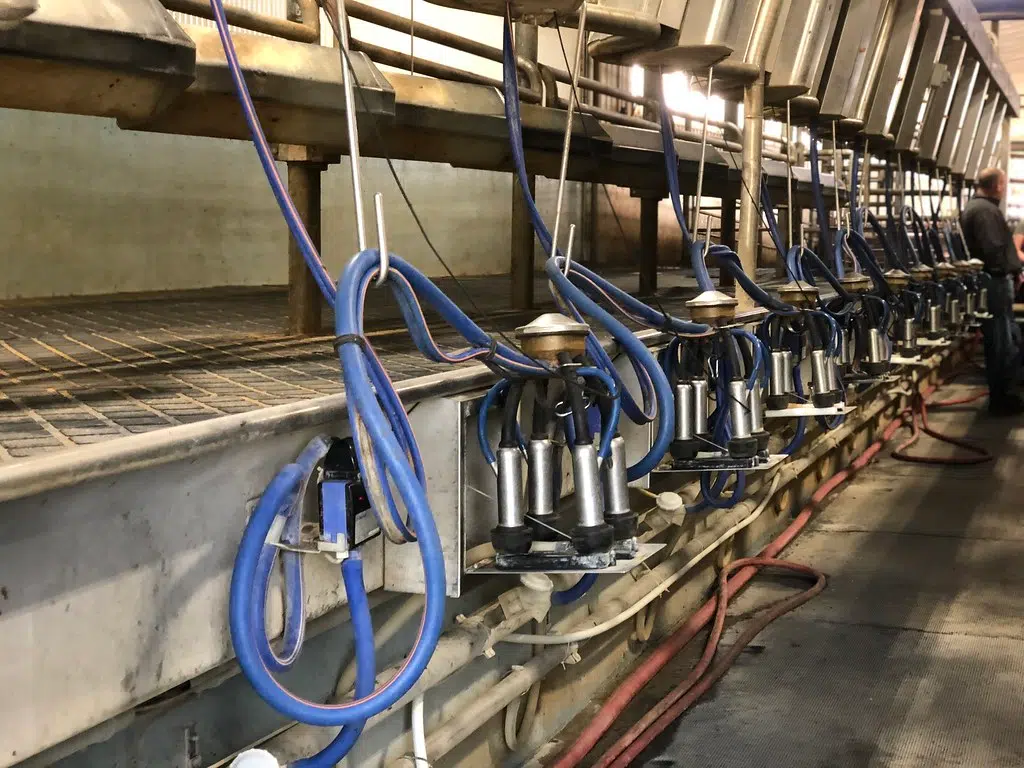St. Paul, Minn. – H5N1 influenza has been confirmed in a Stearns County dairy herd from samples collected as part of Minnesota’s milk surveillance plan. The USDA’s National Veterinary Services Laboratories confirmed the results March 21, and the Board of Animal Health has quarantined the herd until they meet testing requirements indicating it’s no longer infected. There is no concern for the safety of the public milk supply, as all milk sold in stores is pasteurized to kill bacteria and viruses, and pasteurization has been shown to effectively eliminate active H5N1 virus present in milk.
“While under quarantine, the herd will be able to apply for movement permits for animals and animal products such as waste milk and manure. Milk sold for pasteurization does not need a permit and is allowed to go to processing to facilitate business while keeping the risk of the spread of disease low,” said State Veterinarian, Dr. Brian Hoefs. “Our surveillance and response approach to H5N1 is a team effort to ensure we’re covering all angles where it’s detected and limiting its ability to spread.”
The Minnesota Department of Agriculture is conducting testing of pre-pasteurized, or raw, cow milk samples already collected from each of Minnesota’s approximately 1,600 dairy farms on a monthly basis. These routinely collected bulk milk samples, which are taken before the pasteurization process, are subsampled by industry labs and sent for H5N1 testing to the Minnesota Veterinary Diagnostic Laboratory at the University of Minnesota.
“Identifying which dairy herds are infected is important so we can prevent disease spread and protect both animal and human health,” MDA Commissioner Thom Petersen said. “Regular sampling and testing will allow the MDA and partners to identify where the virus is present, monitor trends, and prevent spread of the virus in order to protect unaffected dairy herds and poultry flocks.”
The Board is notified of any preliminary detections of the virus in samples and responds by sending a case manager to the affected farm to issue a quarantine and guide the producer through the entire response process. The Minnesota Department of Health also monitors the health of people who have direct contact with infected animals or their environment and provides public health recommendations to help reduce the risk for infection. MDH also provides testing, antivirals, and personal protective equipment (PPE) as needed. The risk to the public from this virus remains low at this time. People who work with or have direct contact with infected animals or their environment are at most risk for getting sick.
Farmers can request a one-time distribution of PPE from the state health department if they’re unable to get it through their regular sources. People who have questions about avian influenza and human health can contact MDH at 651-201-5414.
The Board will report any new detections and updates on cow cases in Minnesota on its website.
Minnesota Board of Animal Health





Comments